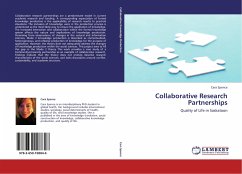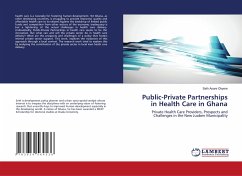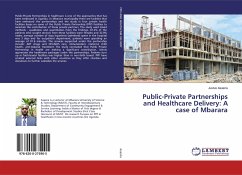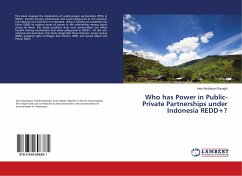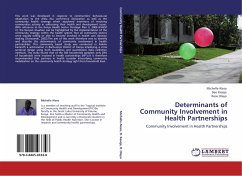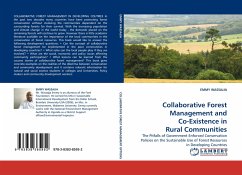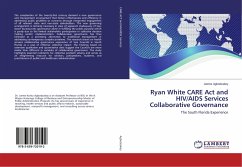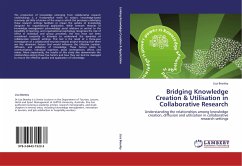Collaborative research partnerships are a predominate model in current academic research and funding. A corresponding expectation of formal knowledge production is the applicability of research results to practical situations. The inclusion of knowledge users in the production process is understood as the most likely way to ensure the application of knowledge. The increased interaction and collaboration within the formal knowledge system affects the nature and implications of knowledge production. Stemming from observations of changes in the natural and information sciences, Mode 2 knowledge production is described as contextualized, heterogeneous, and reflexive production of knowledge for the purpose of application. However, the theory does not adequately address the changes of knowledge production within the social sciences. This project aims to fill this gap in the Mode 2 theory. This work provides a case study of a Community-University partnership as an example of collaborative research. Findings indicate that the theory does not entirely describe research characteristics of the social sciences, and lacks discussions around conflict, sustainability, and academic structure.
Bitte wählen Sie Ihr Anliegen aus.
Rechnungen
Retourenschein anfordern
Bestellstatus
Storno

